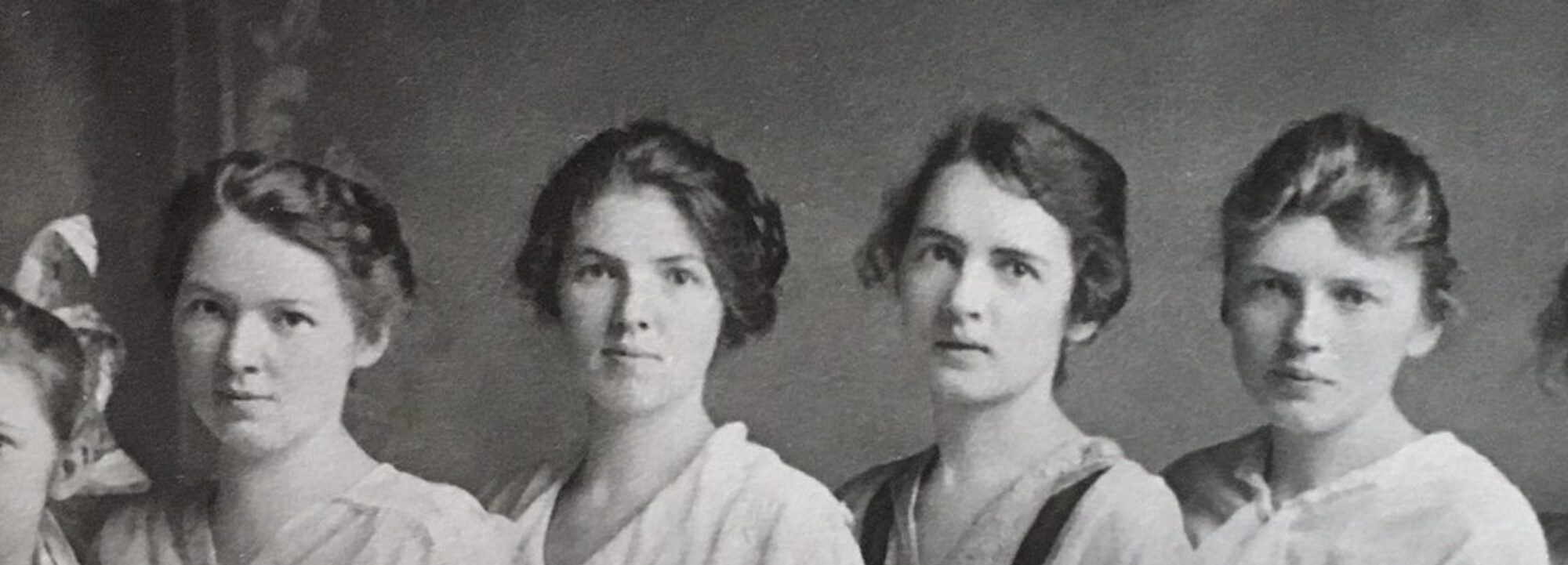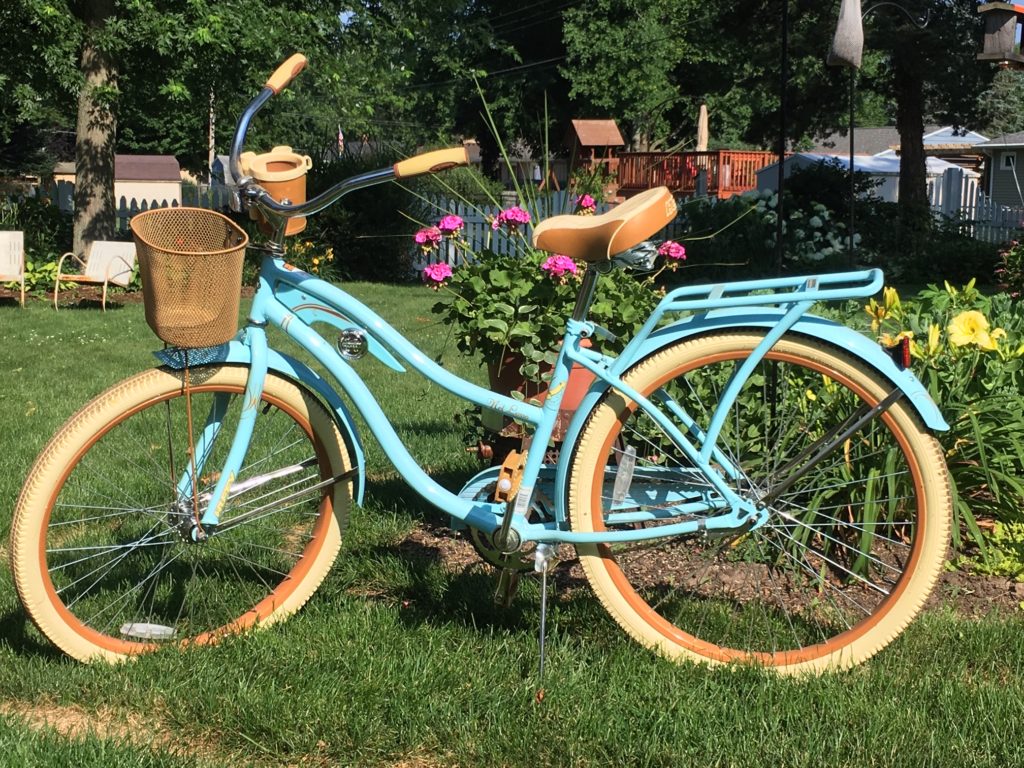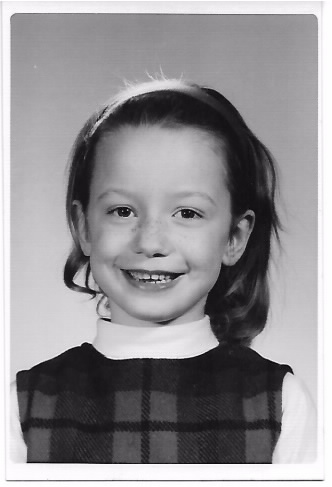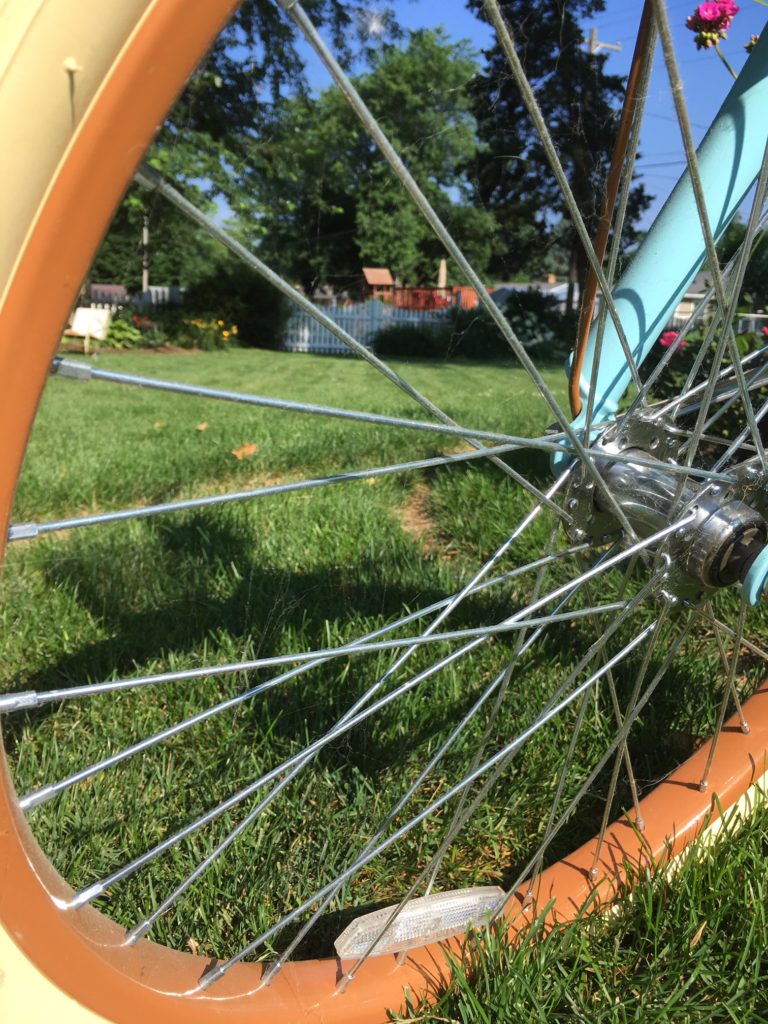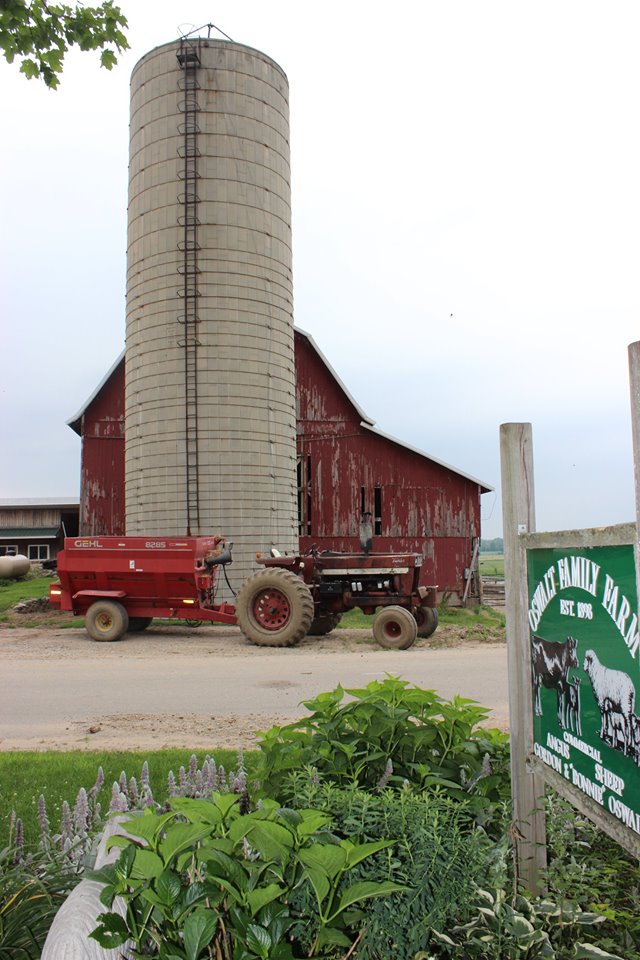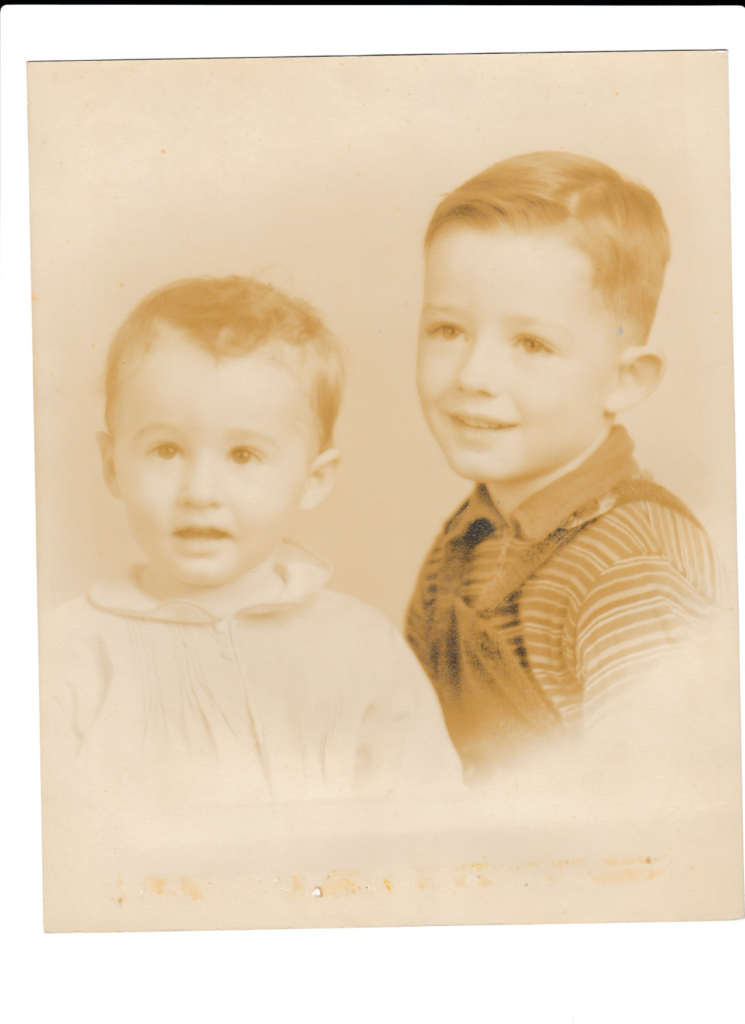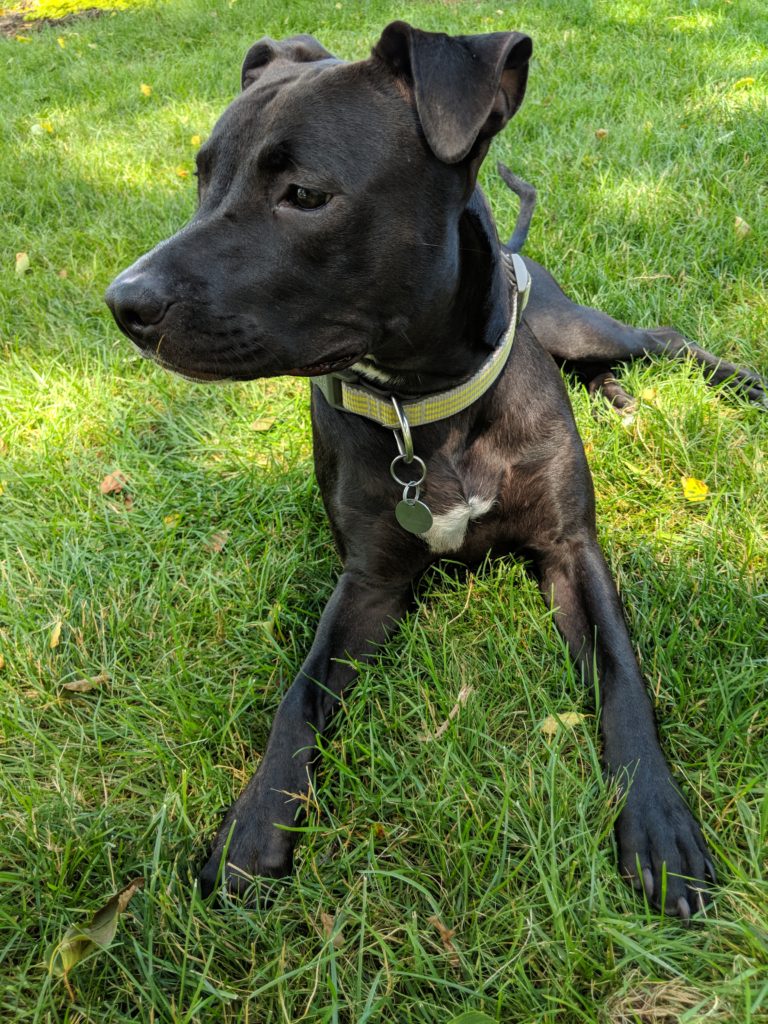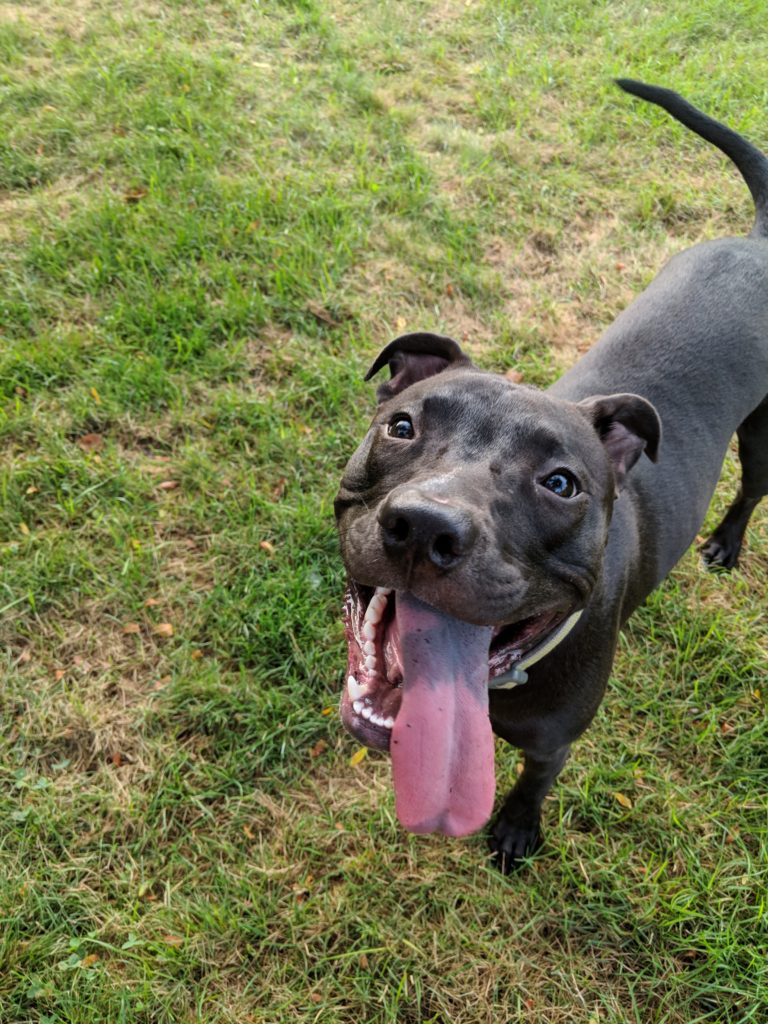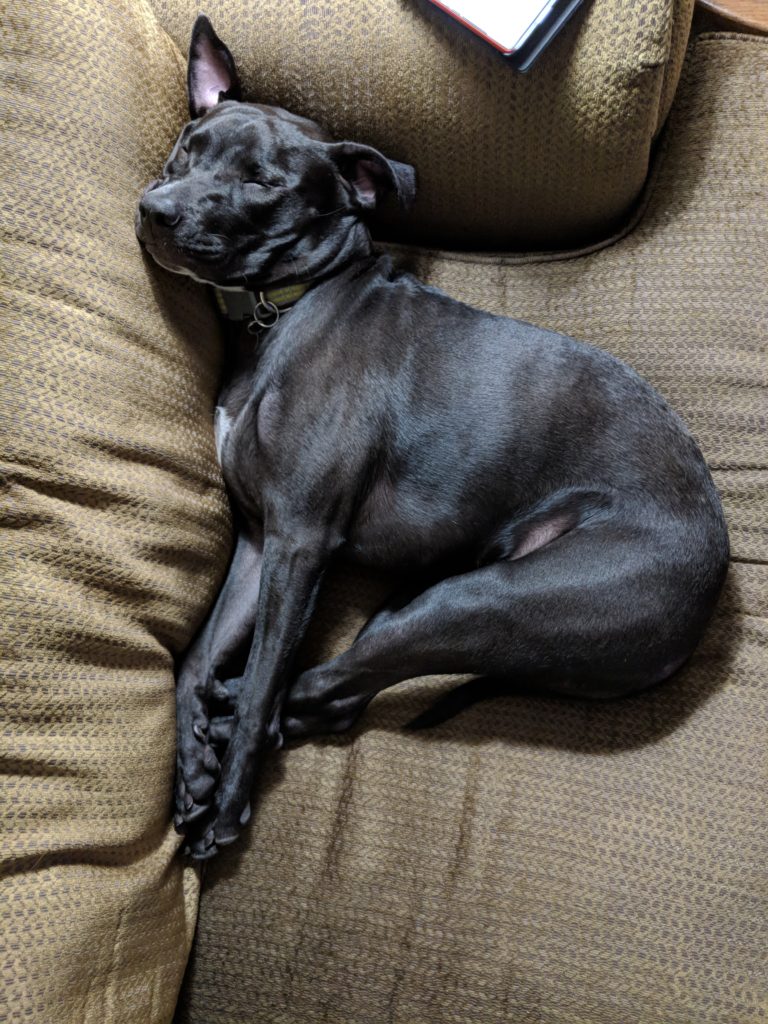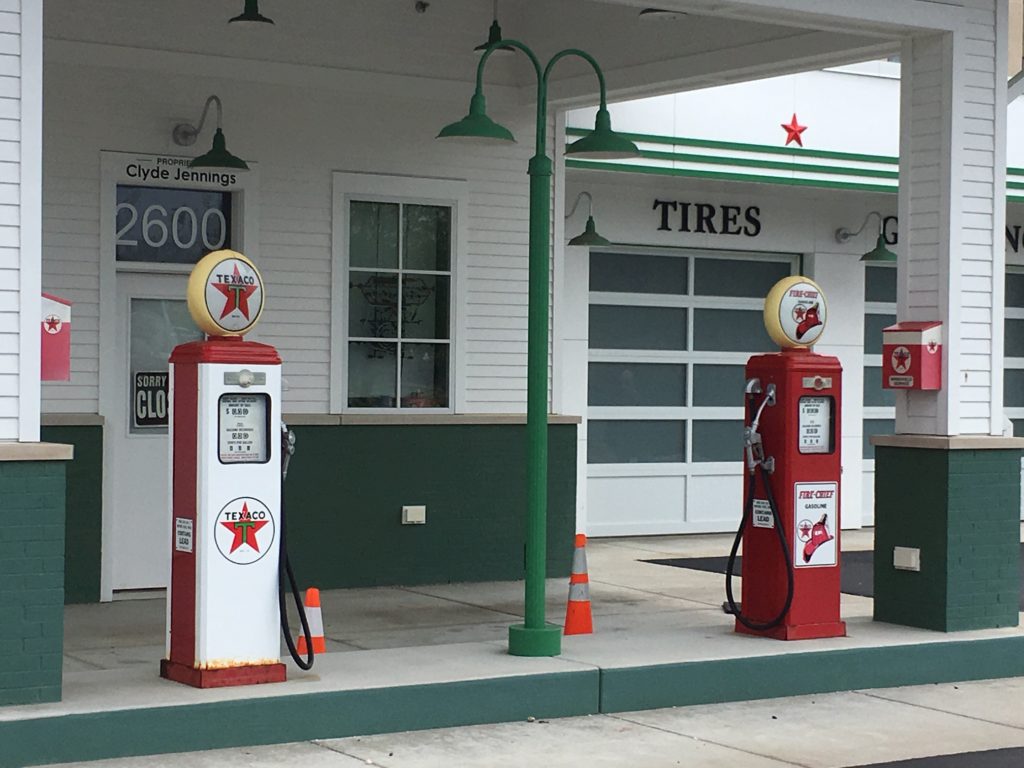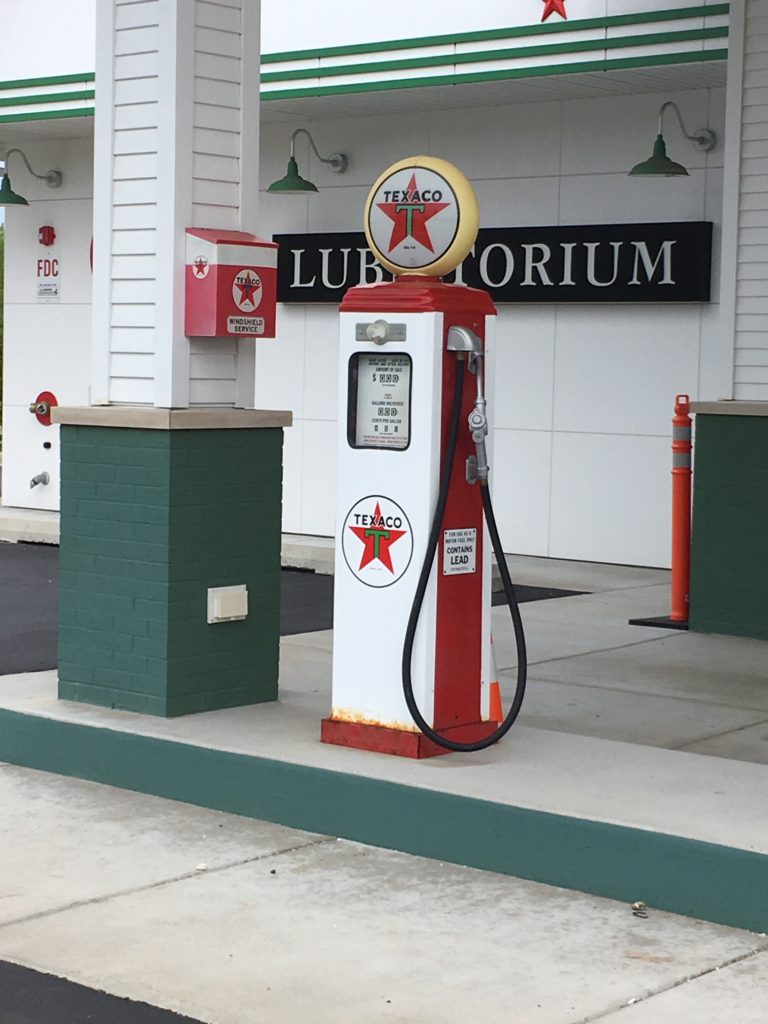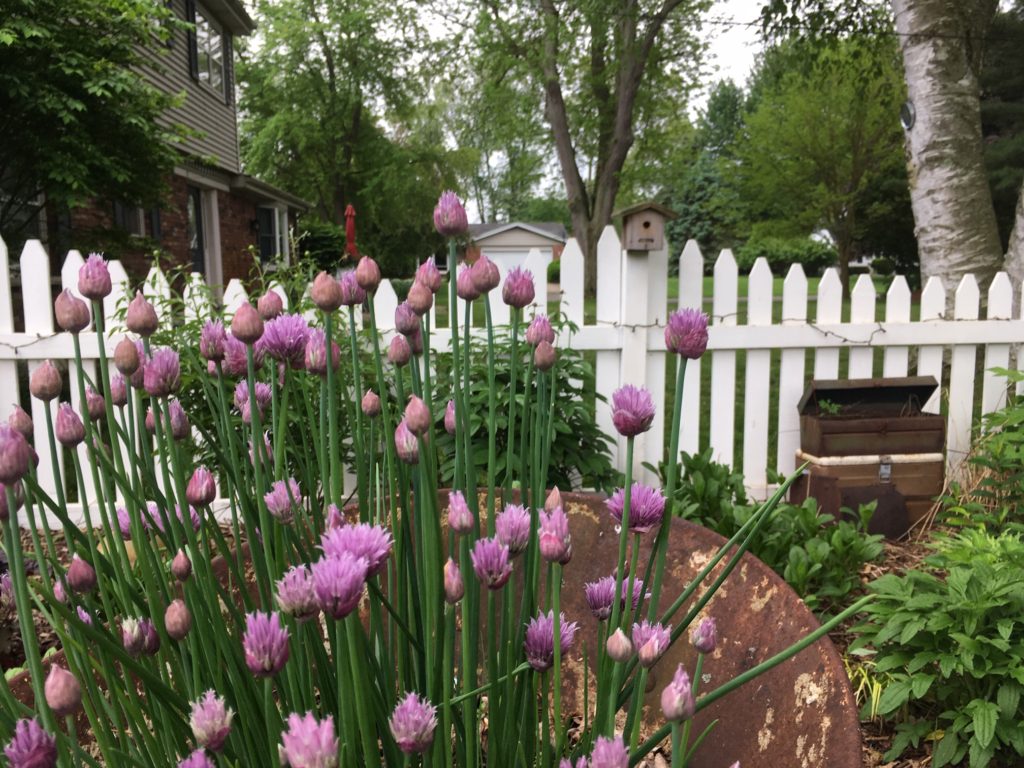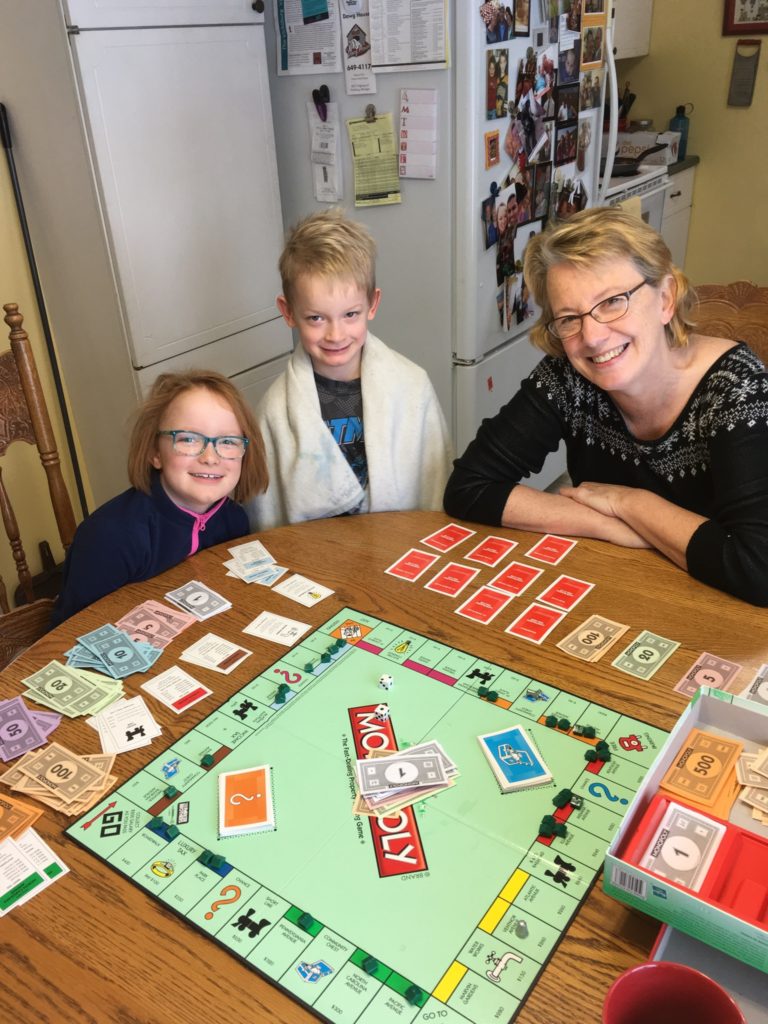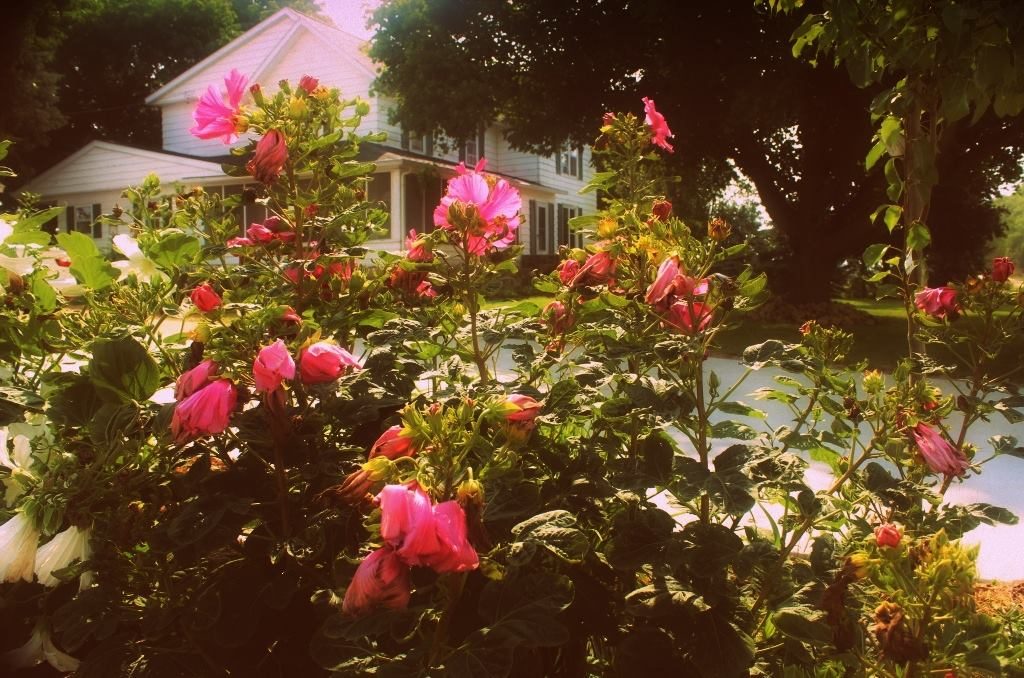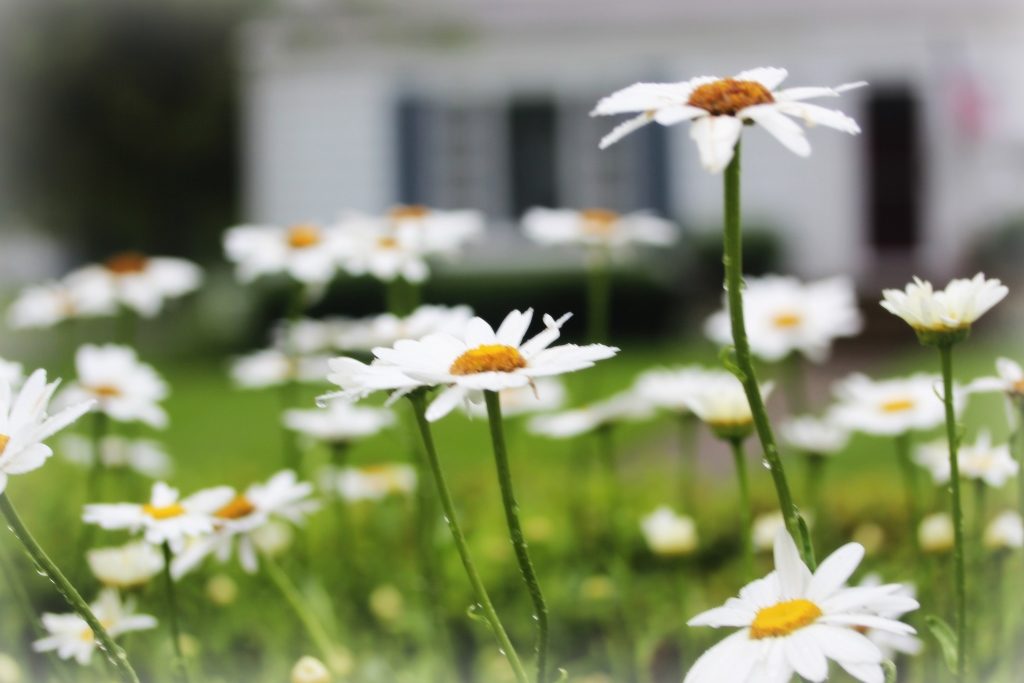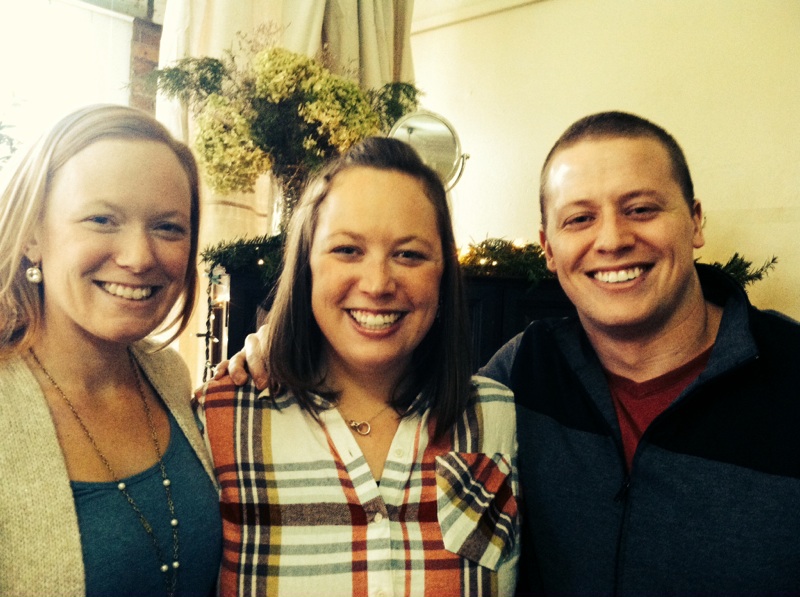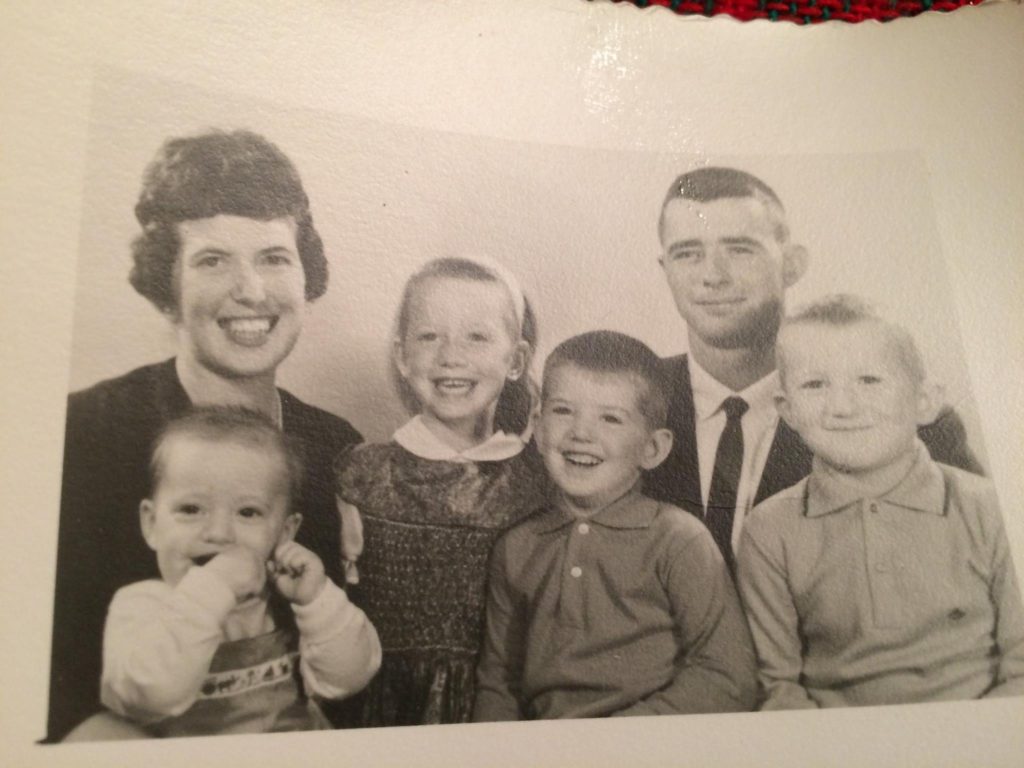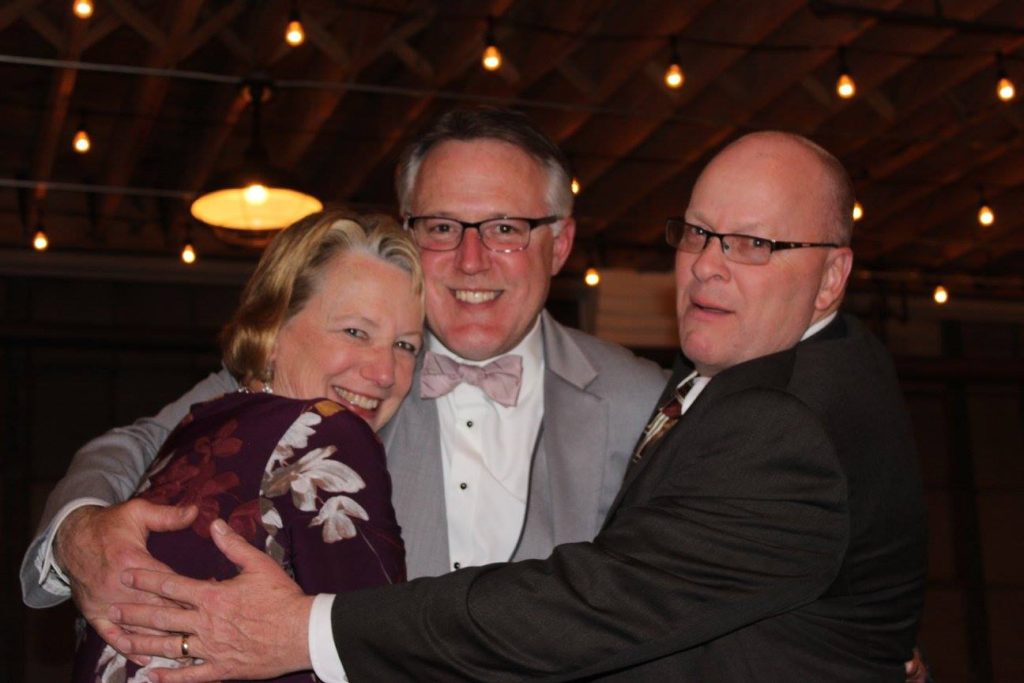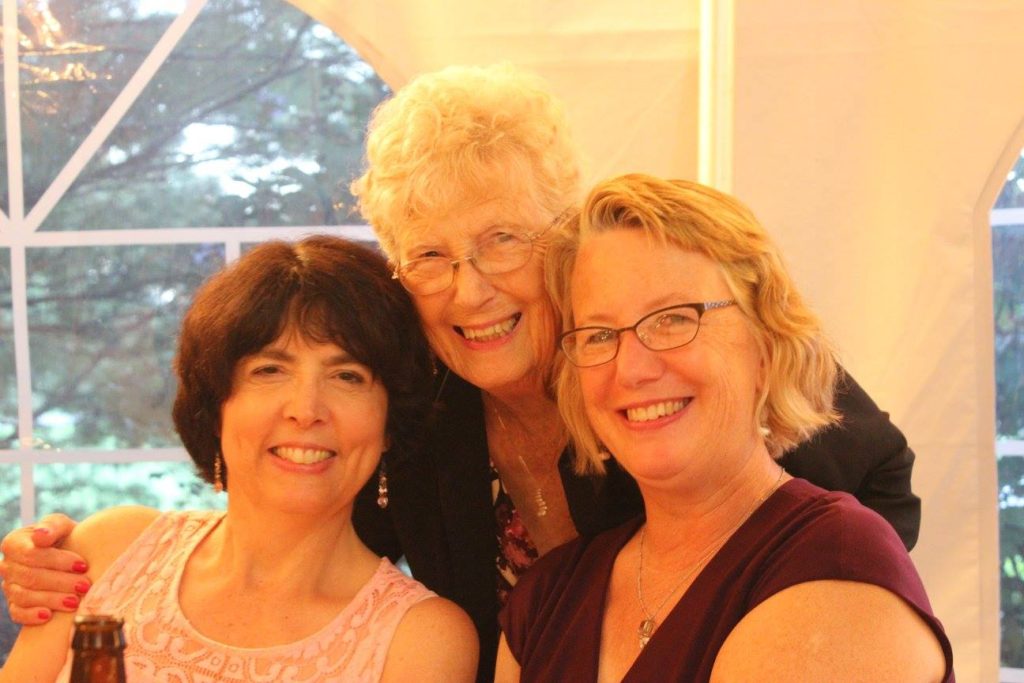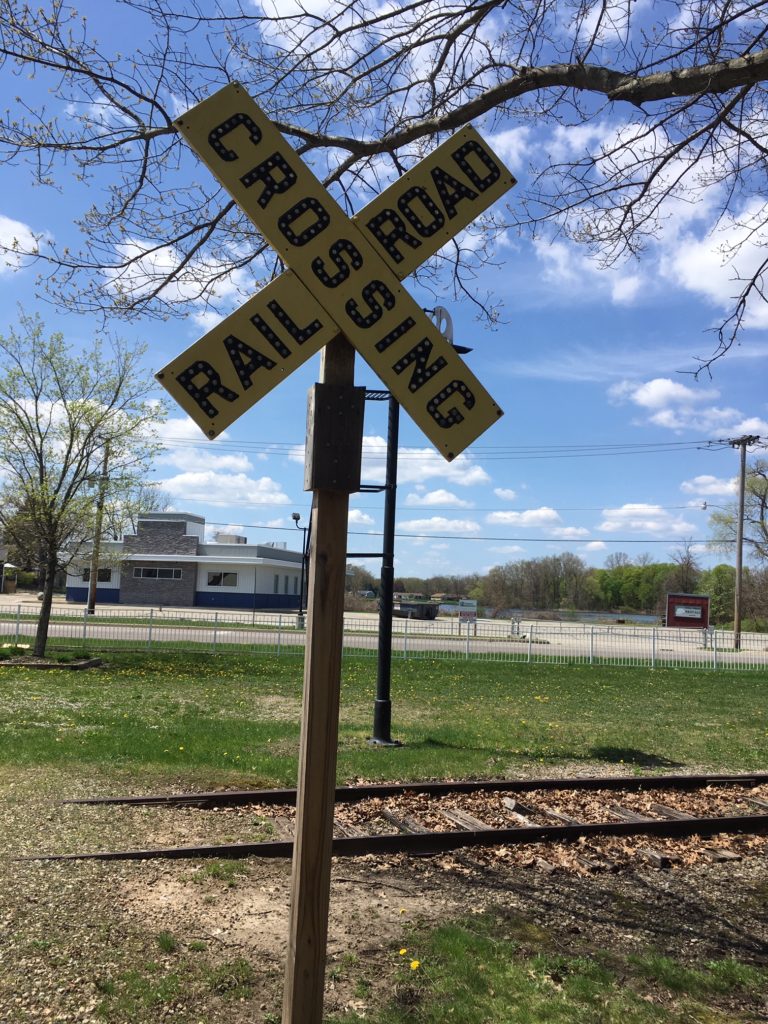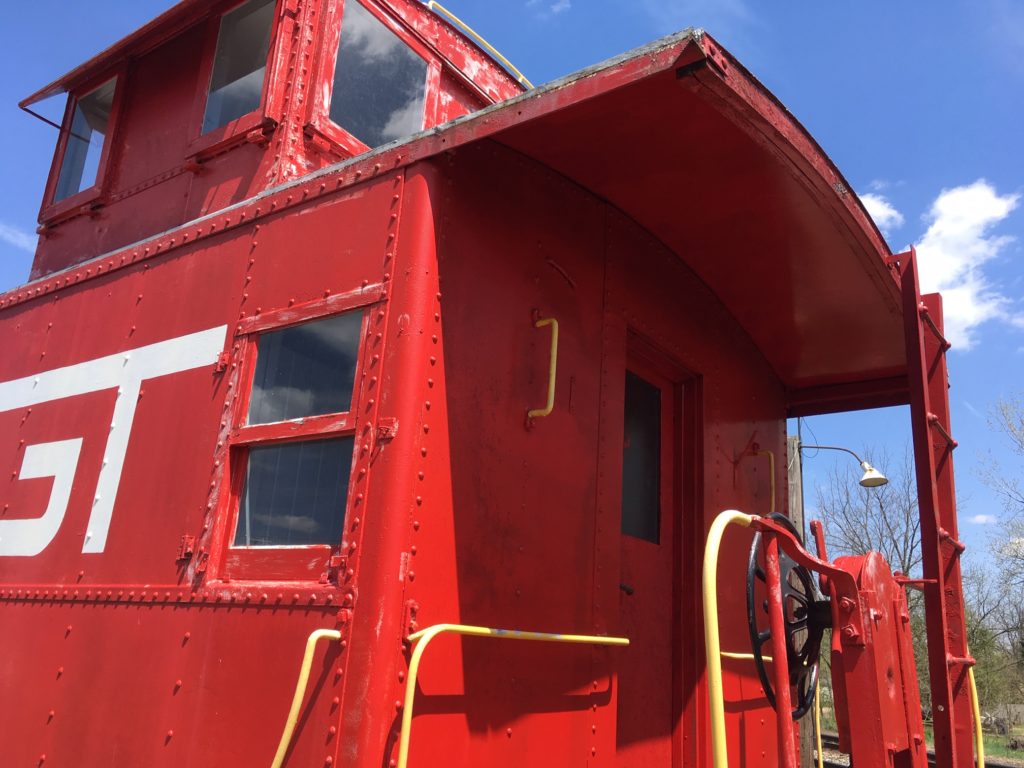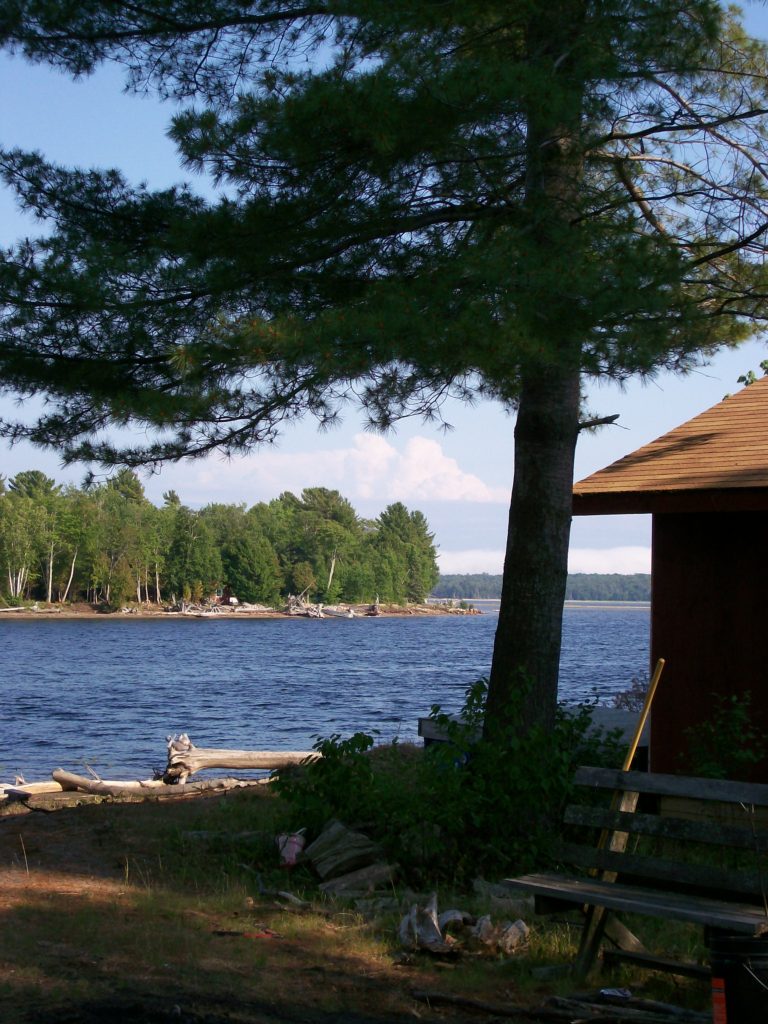
I have just returned from my annual trek to our family retreat, a camp on the northern shore of Lake Superior.
The place never seems to change. Sagging a bit, the old log cabin sits with a beautiful view of the river. Brown, tannin-colored water flows slowly to the bay, past the dock where the pike and bass glide between the water lilies and beneath the logs, teasing our young ones.
Our eight-year-old twins learn patience as they watch their bobbers, finding such joy with even a bite or the landing of the smallest fish. They grin with delight, excitedly holding their catch for a quick photo, then gently release their prize into the murky water below the dock.
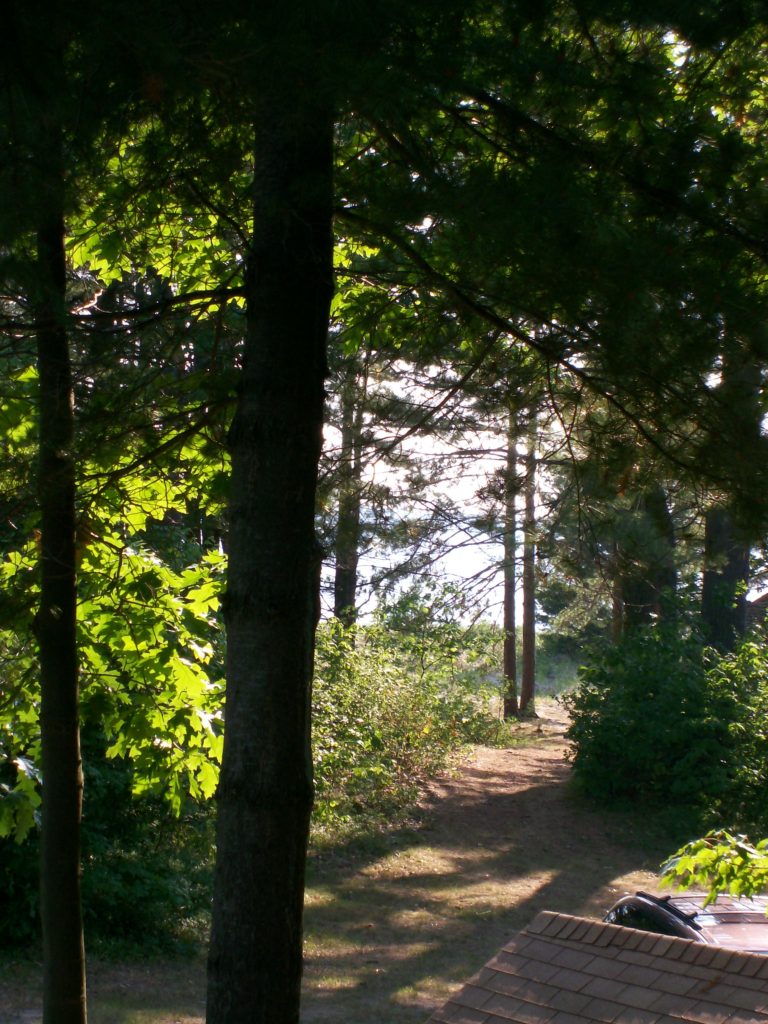
We spend late afternoons at the sandy, Lake Superior beach, and our little ones engage in timeless activities: jumping the waves, building castles, collecting driftwood.
Black fly bites line their hairlines.
New sprays of freckles span their noses.
We are disconnected from all technology. In the evenings, three generations play games around the table, read books under the old lamps, and make S’mores around an evening fire.
Our grandchildren are the fourth generation of children whose toes have dipped hesitantly in the frigid Lake Superior water, whose fingers have pried loose a shiny stone, whose sweet voices have risen in the cathedral of pines and birches, their joy a hymn to the summer stars and skies.
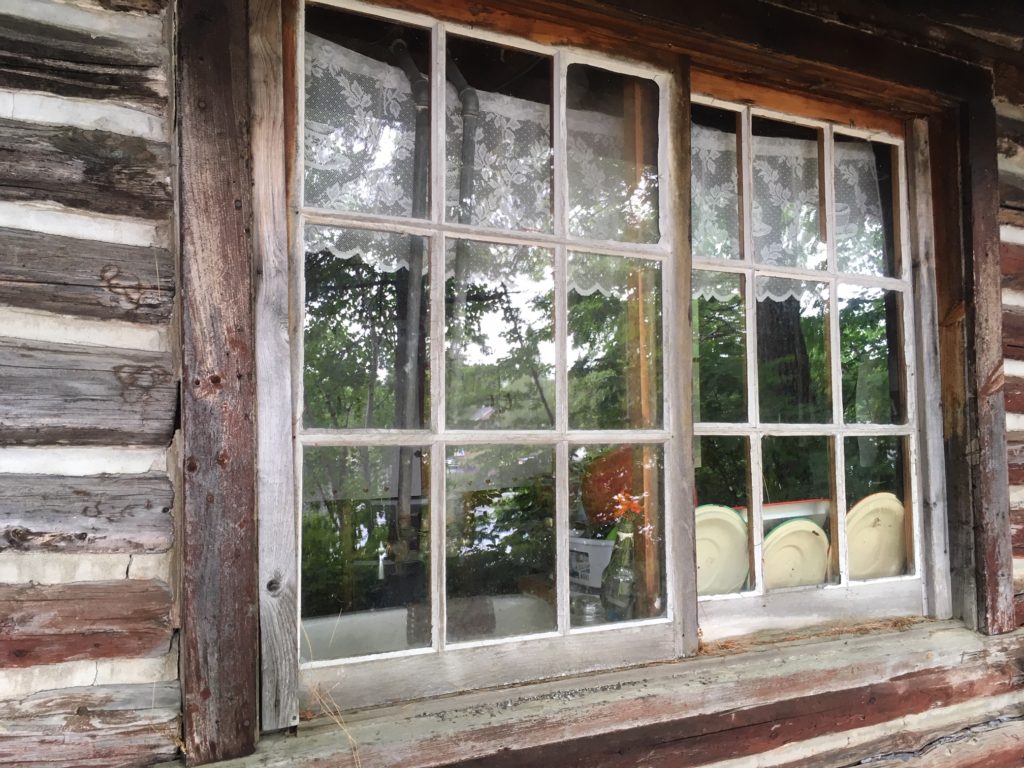
I am thankful to those who came before, those who made this place of retreat possible for us.
I feel their presence everywhere:
My grandparents’ warbly whistles.
My uncle’s craftsmanship and commitment
My dad’s energy and laughter.
I am thankful for this legacy for our family, for the time together, for this opportunity to regenerate.
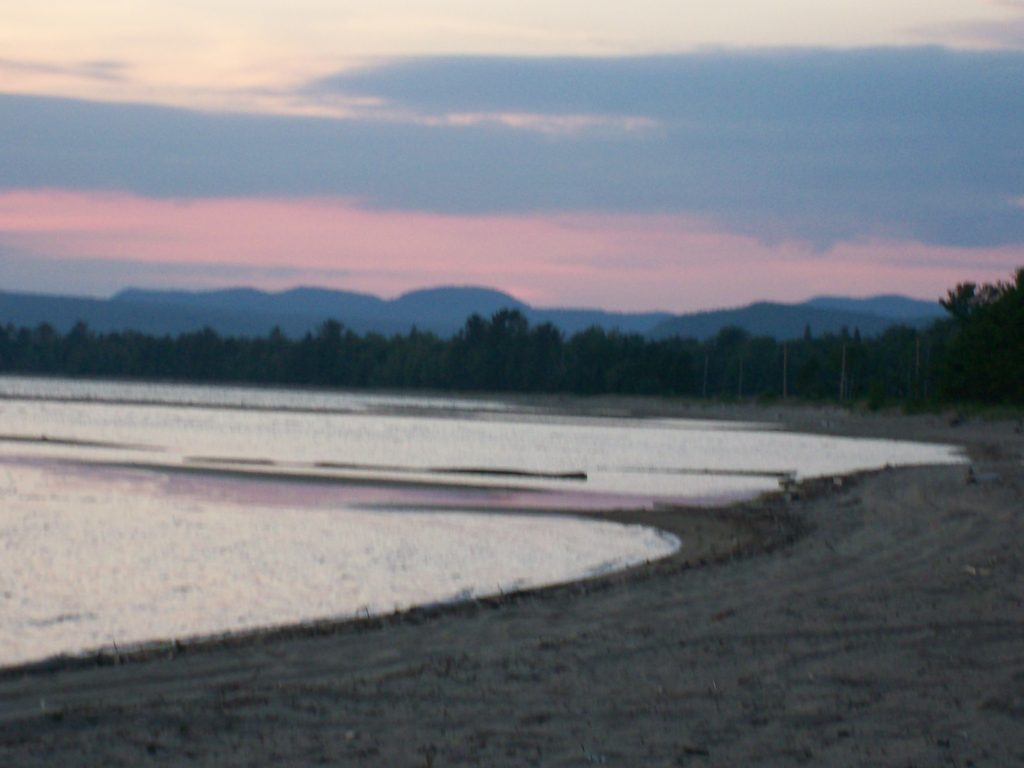
How lucky I am.
How lucky we are to have another year in this place.
My heart is full.
It’s a Fine Life.
